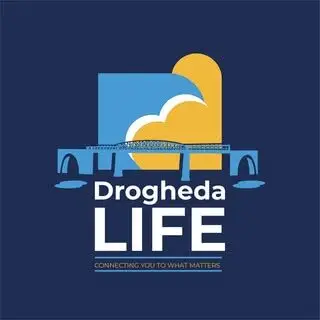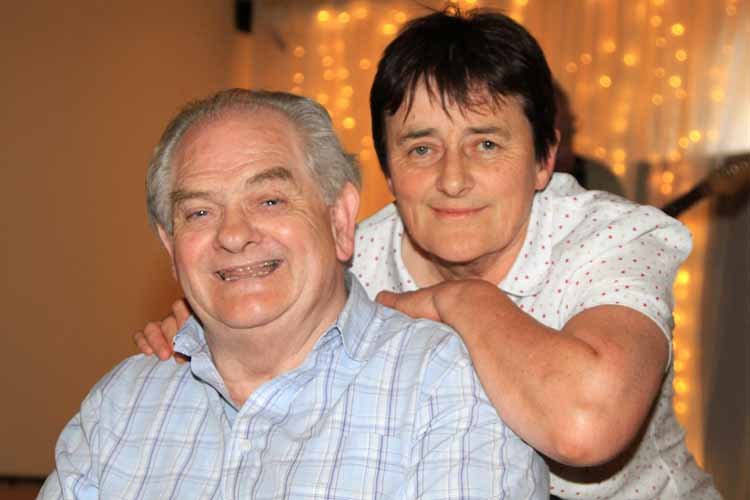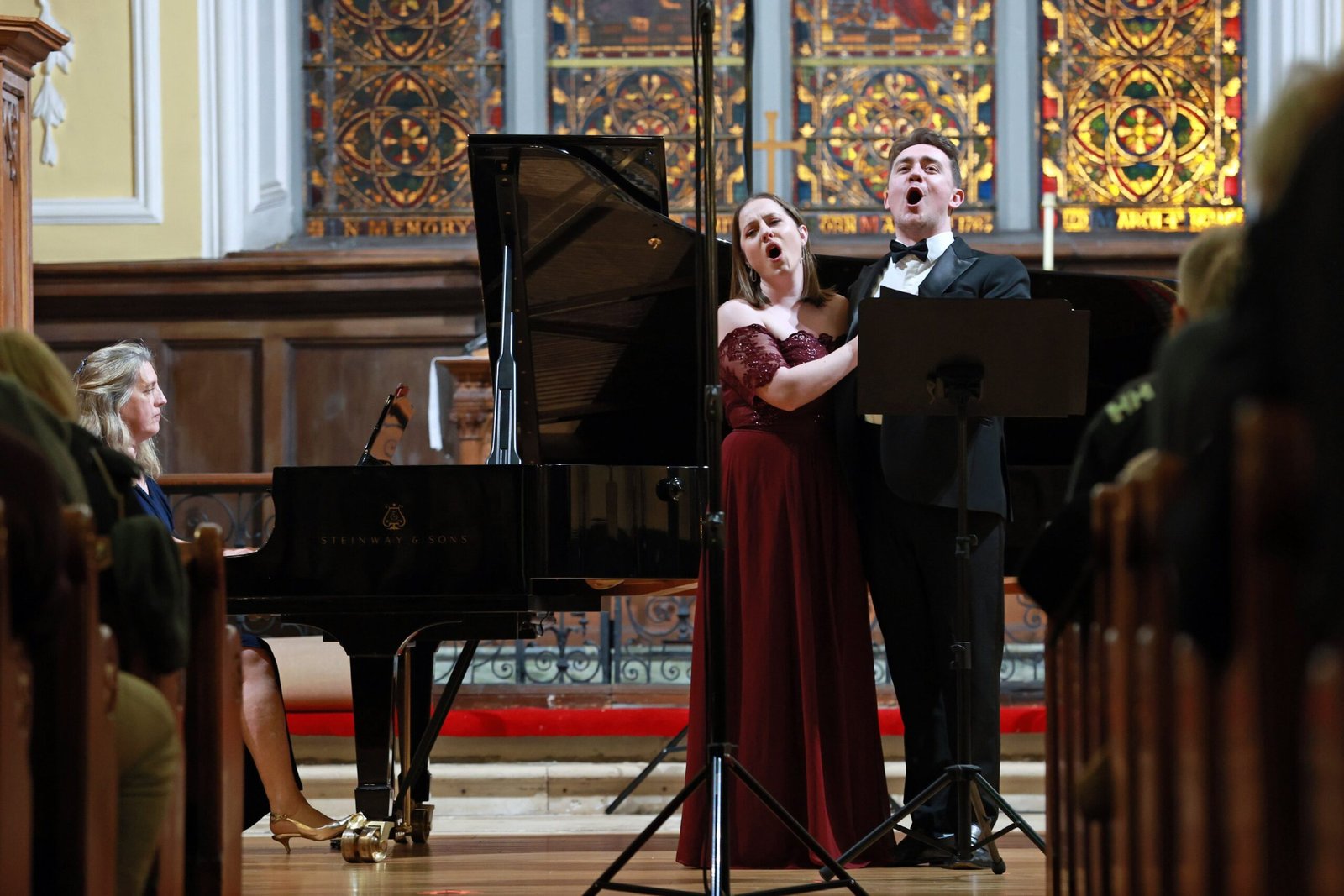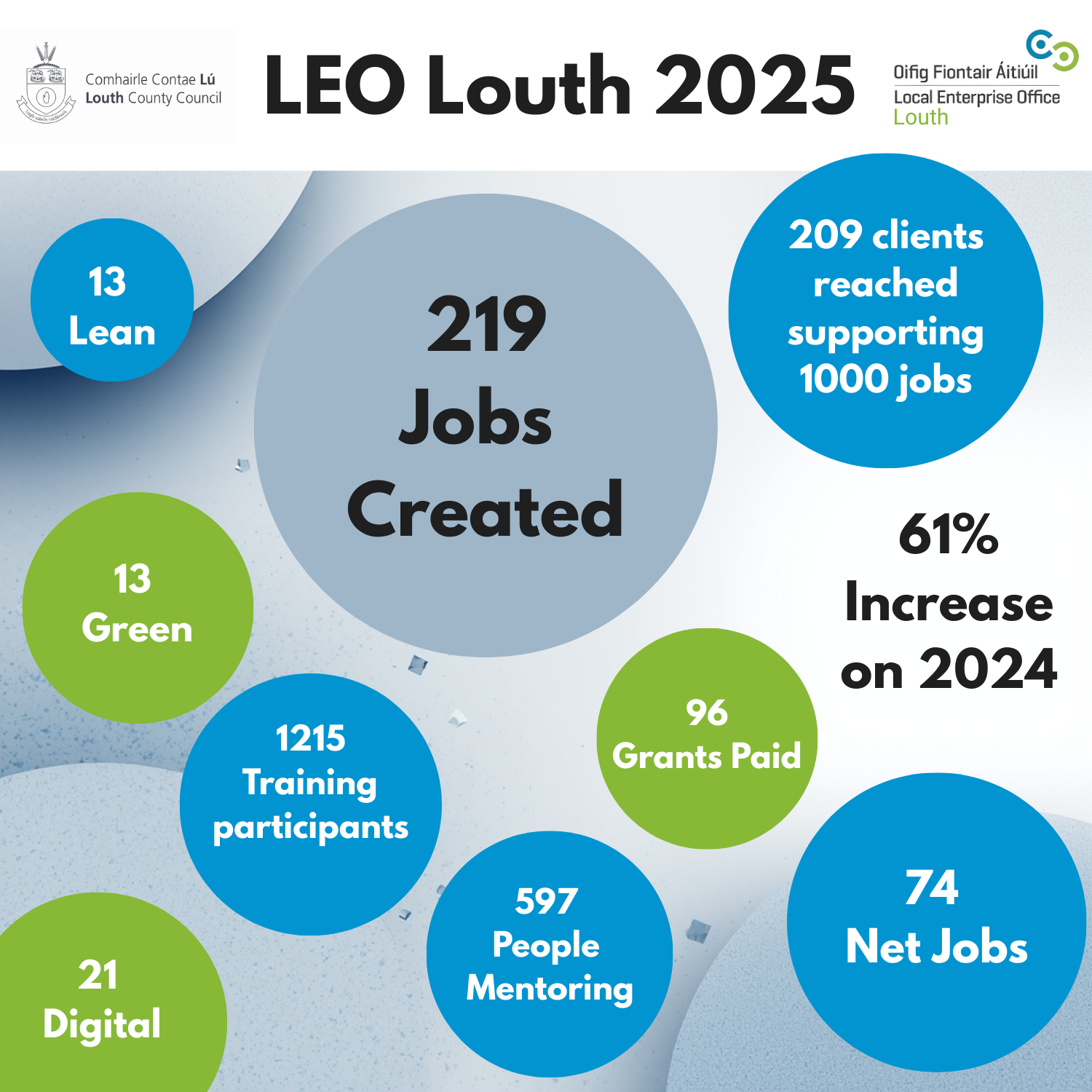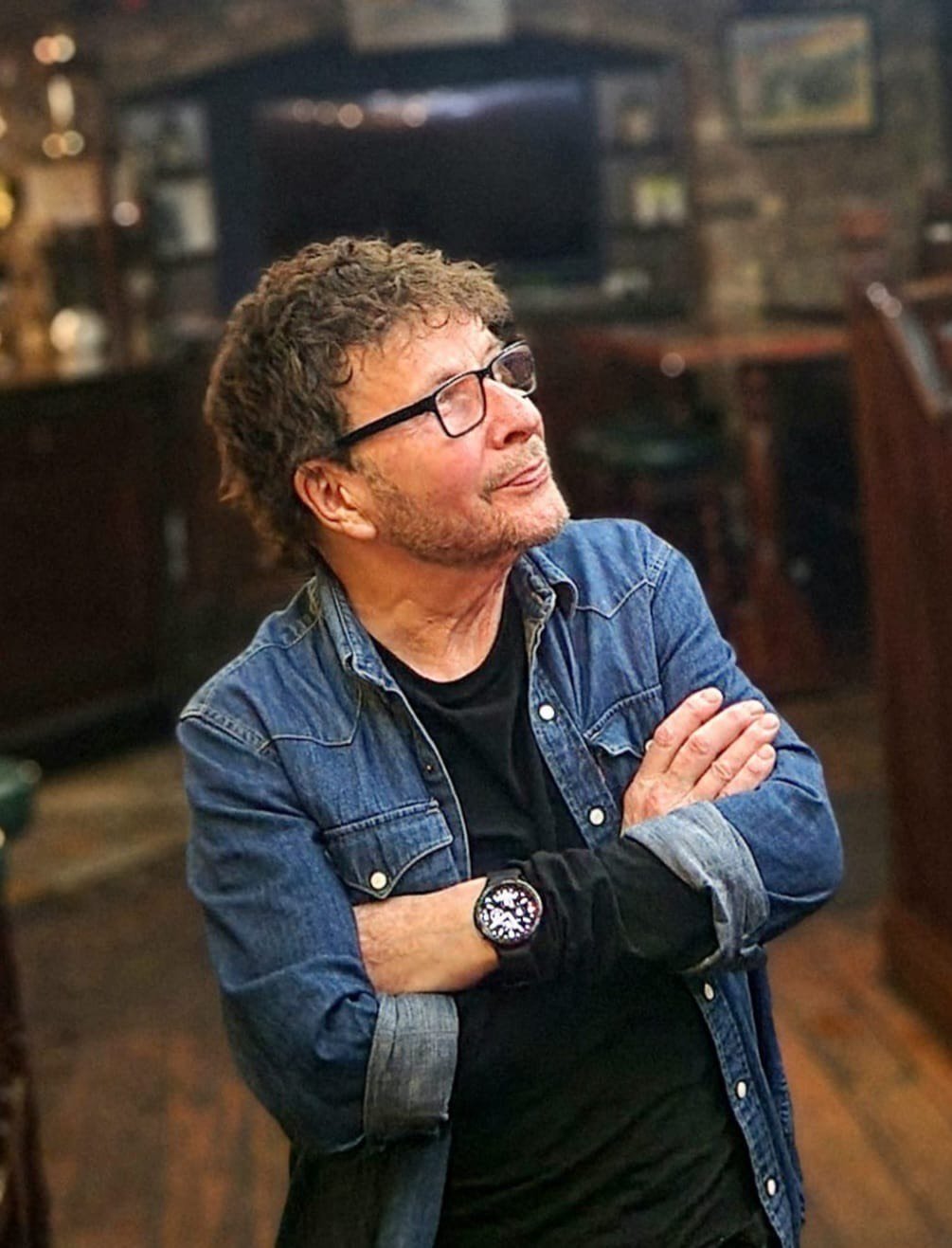This great little city we call home has a proud record when it comes to local men and women with disabilities achieving great things both at home and internationally.
Top of this list of greats must be Oliver Murphy who was paralysed from the waist down in a workplace accident in 1959 when he was just 25 years old.
Oliver spent some time in Stoke Mandeville hospital in the UK which specialises in the treatment of spinal injuries.
Whilst he was there Oliver took part in sports, particularly archery, and saw the power of sport as a means of encouraging independence and confidence in people with disabilities. A year later he was a member of the Ireland Paralympic team at the inaugural Paralympics in Rome.
Whilst in Rome he and his team mates became acutely aware of the limitations experienced by people with physical disabilities in their everyday lives.
On their return to Ireland they established the Irish Wheelchair Association and dedicated themselves to the achievement of full social, economic and educational integration for people with disabilities as equal, independent members of society.
Oliver has been a keen advocate for the rights of people with disabilities ever since and he has passed this commitment on to successive generations.
Here’s a video of Oliver recalling his visit to Rome:
In the late seventies the Drogheda Wheelchair Sports Club produced many sporting heroes over the next decade or more – people such as Ann Ebbs, Ronan Rooney, Jimmy Gradwell, Rosemary Tallon, Jimmy Levins, Cathal McDonagh, John Roche and others brought great honour to themselves and their hometown.
Alongside their sporting achievements the struggle for accessibility and inclusion in the social and commercial life of Drogheda continued and part of this campaign involved local TD at the time Mickey Bell being wheeled around town in a wheelchair to find out for himself just how difficult it was to negotiate the pavements and streets.
There has been much progress in the meantime but there are still many people whose lives are restricted by their disability.
According to Census 2016 there were 17,881 people in County Louth with at least one disability. Some of these people need special facilities to allow them take an active part in society but often they are simply not provided. They are more or less housebound simply because they have a disability.
These are issues that we’ve covered many times before on Drogheda Life but it does no harm to hammer the message home for the people who can make a difference – and that’s not just the local authorities.

Pictured in 2003 at the opening of the Irish Wheelchair Centre in Mayoralty Street were: Harry Ellis National President of the Irish Wheelchair association, Minister Dermon Ahern T.D., Oliver Murphy Founder Member of the Irish Wheelchair Association. Back, Therese Crosby, Mayor Marie O’Brien Campbell, Seamus Thompson CEO, Mildred Carroll and Mary Smith regional Manager. Photo: Fran Caffrey/Newsfile.ie.
Public attitudes to disability are important too. Just as every public development should take into consideration the special needs of people with a disability as a matter of course, we must also adapt our behaviours to facilitate the needs of others.
It’s not rocket science either, just simple things like not parking on footpaths or picking up your dog’s poo. Dog poo is a major issue that effects everyone to some degree. It’s awful when you walk in it but a million times worse when you drive a wheelchair through it and it gets on the tyres and on your hands and gets all over the place.
It is not just wheelchair users who encounter problems of course. People who are blind or have a vision impairment have their own particular requirements to allow them to travel around independently.
Ballsgrove woman Petrina Finn says that Drogheda is no worse or better than other towns and cities, but she thinks there could be more pedestrian crossings with “scooped” or dimpled pavements which tell a blind person where the crossings are.

Petrina uses a long cane to help her get around and she has also memorised her regular routes but there are still some obstacles she finds difficult.
Some of the problems she encounters on her way around town include damaged pavements, overhanging hedges and signs such as election posters which are often far too low and can cause injury.
Her two biggest bugbears though, are inconsiderate people parking on the footpath and people not picking up after their dogs.
Living in Ballsgrove means Petrina must negotiate the junction of the Donore and the dual carriageway every time she walks into town.
It’s a very busy junction and it can be a nightmare trying to cross over to the Haymarket Bridge at the best of times, but she feels that the lights should be set to allow more time for people to cross.
This is a point picked up on by wheelchair user Jimmy Gradwell who lives in Trinity Gardens as he often finds himself in trouble at crossings. He feels that the Council should consult more with disabled people when they are installing infrastructure in public spaces.

Independent Councillor Paddy McQuillan, who has championed the cause of people with disabilities in recent years, says that as we move forward we must be more conscious of people with disabilities.
“Be it creating new public spaces or reconfiguring the ones we have, we must make them inclusive for all” he told Drogheda life.
“People with disability, no matter what the disability is, should not be excluded from participating in social and economic activities. All outdoor facilities should be disability friendly. All public spaces should be accessible for all.
“The demand for a Changing Places facility in Drogheda is a very good example of the need for an inclusive for all approach. Town planners, architects and councils need to adopt a universal approach that makes our communities inclusive, and accessible for all our members.
“I also believe that Louth county council should have a full time disability officer. This role should cover dealing with all members with disabilities ensuring that they are fully included in all social and economic activities. It’s one thing calling ourselves an inclusive society, but we must show that we are.”
